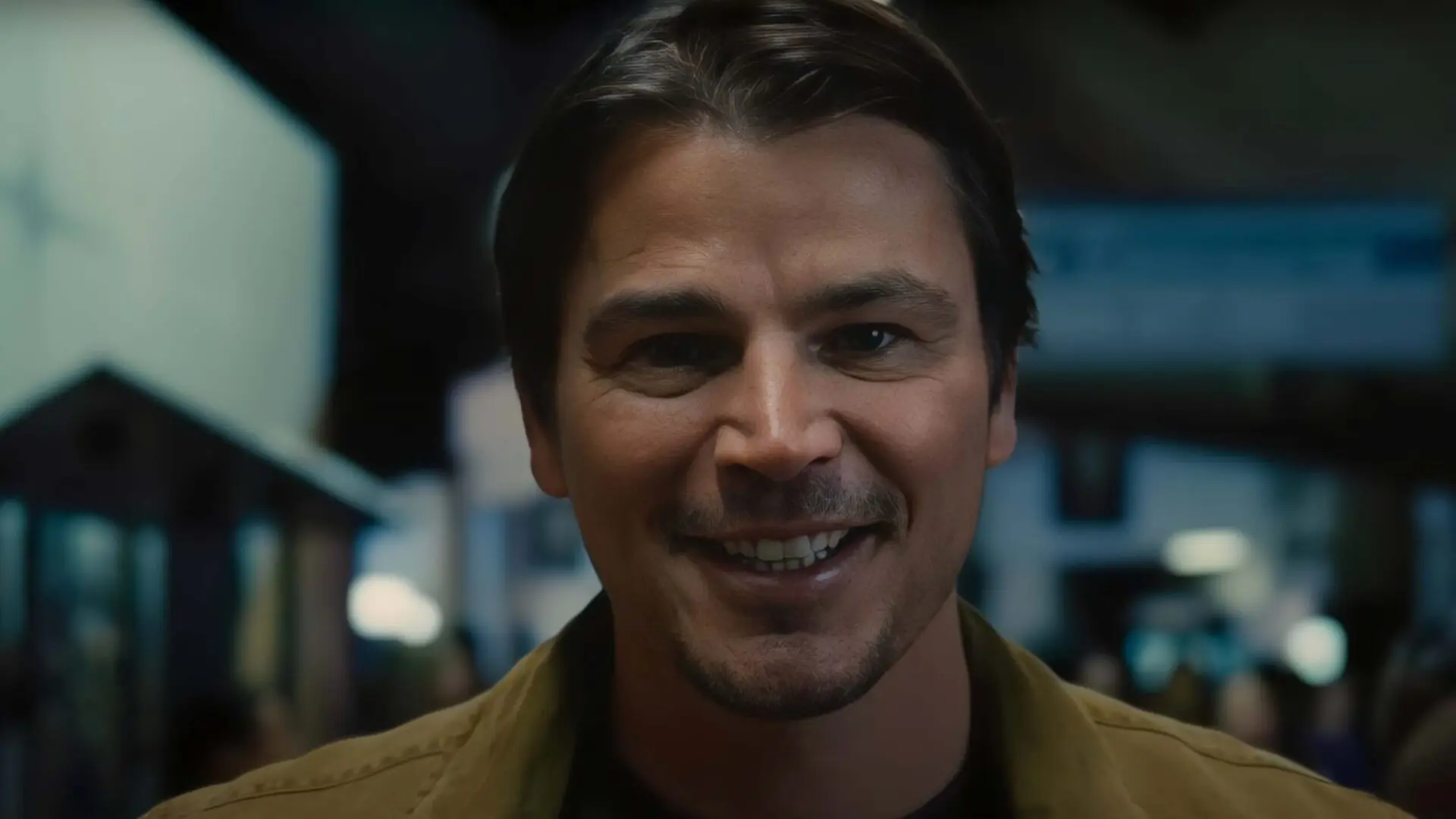In M. Night Shyamalan’s thriller “Trap”, the protagonist, Cooper Adams, portrayed by Josh Hartnett, is a master of polarizing facial expressions. Whether he’s engaging in friendly banter with a merchandise vendor at a concert he’s attending with his daughter, Riley, or smirking after deceiving law enforcement at a security briefing, Hartnett’s character operates with striking contrasts. His most genuine emotion is revealed as he watches his daughter dance onstage. These smiles or smirks serve as insights into his complex character, which simultaneously hides and exposes his double life.
“Trap” is a movie about a serial killer who realizes that he is under threat of being captured at a concert. This narrative intertwines with the theme of balancing work and personal life to the extreme. Like any working parent, Cooper can’t be entirely in the moment because of his job. In his case, this means devising ways to evade his pursuers. His professional obligations intrude on quality family time as he exchanges watching a concert with monitoring a live stream of a hostage in his basement. His behavior, which may initially seem out of place, gradually reveals the pressure being exerted on him as he balances his extreme dual roles: a father and a monstrous criminal.
Hartnett’s recent roles underline the concept of what it means to be a “family man”. To keep himself off the suspects’ radar in “Trap”, Cooper uses his role as a doting father as a shield. His carrying behavior impresses others, and they reveal details about the sting operation unsuspectingly. Cooper’s charisma is so effective that a vendor ends up handing him a box cutter without thinking twice.
On the surface, his daughter’s presence helps further his escape plans, but it also traps him. Even though he frequently leaves her to scout potential exit routes, he repeatedly returns to ensure her safety. His determination to make her enjoy the concert — a reward for her academic performance and a break from school bullying — pushes him to guard her experience from any disturbances.
“Trap” is also self-referential, as a pseudo concert film directed by a real-life father about a protagonist striving to protect his daughter despite the clear danger his presence poses. Shyamalan has previously explored the theme of desire to protect in “The Sixth Sense.” “Trap” furthers this theme by questioning what happens when the person posing danger is oneself.
Despite trying his best to keep his two lives separate, Cooper’s methodical killer persona and the desperate dad trying to escape without upsetting his daughter eventually merge. He is alert to information around him, cunningly blending in, but can he truly avoid detection by those who know him best?
Shyamalan’s choice of casting his daughter in the film frames it as a tribute to his family. She ultimately emerges as a symbol of forgiveness and peace. The optimistic message at the center of “Trap” is that the resilience and resourcefulness of the younger generation can break the cycles of generational trauma. Even though Cooper entraps himself by taking his daughter to the concert, he paradoxically sets her free by doing so. This masterful combination of thriller and familial themes makes “Trap” a unique movie that explores the intense dualities of life.



